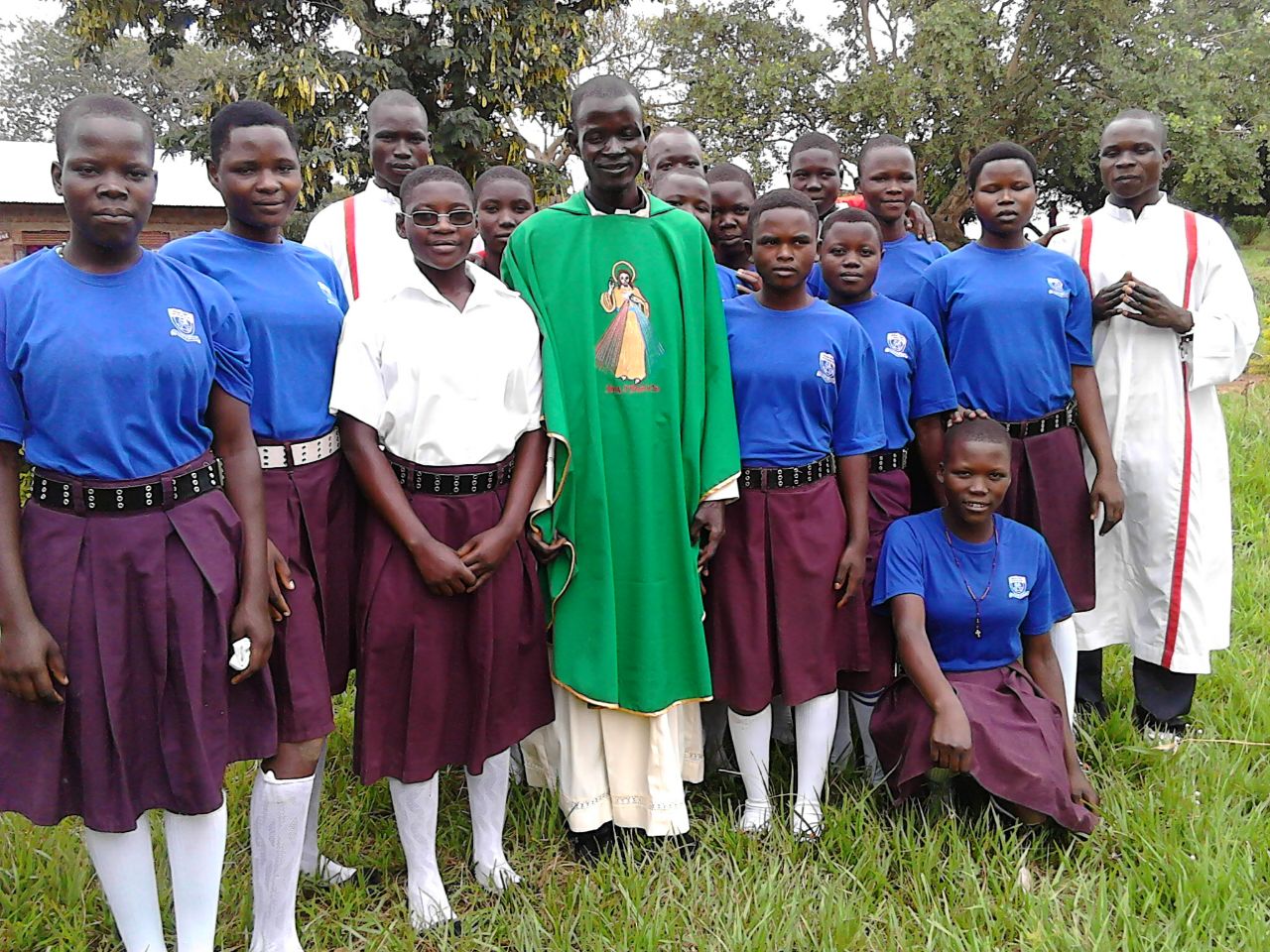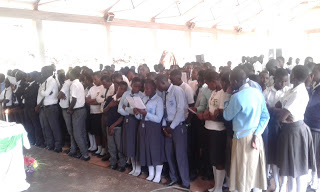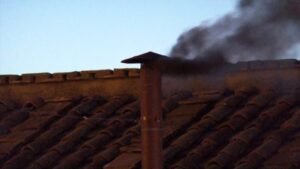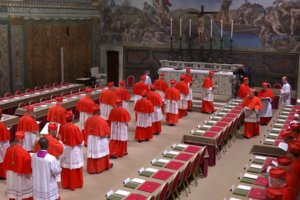UGANDA: Young Christian Students’ movement in Uganda set to celebrate 60th anniversary

By Jacinta W. Odongo, Media Officer, Uganda Episcopal Conference
The Uganda Young Christian Students (UYCS) will this month mark a momentous day in the history of YCS when the movement celebrates its 60th anniversary.

The celebration, which will be held on September 17 at the Uganda Spiritual Formation Centre in Namugongo, Kampala, will kick-off at exactly 10.00 am with a Holy Mass led by the Rt. Rev. Giuseppe Filippi, Bishop of Kotido Diocese. It will be held under the theme, “Practicing Christ’s Mercy through Actions”.
Community groups including, scouts, guides and sports clubs among other groups are some of the participants that will take part in the anniversary.
The Acting National Coordinator of the movement, Rose Kababikira, said, the group is fine-tuning arrangements to mark the anniversary in a grand style.
According to Kababikira, the movement, which has influenced students in various capacities, aims to win souls for Christ. “As we celebrate the 60 years of UYCS in existence, we hope to rejuvenate the students by Practicing Christ’s Mercy through actions that are going to draw people closer to us and to God,” she said.
UYCS is a movement that is run for, by and with secondary school students. It is the only movement in Uganda that is run completely by students for students with an aim of “Making a student’s world a better and happier place to live in both spiritually and materially”. Its main focus is to form Young Christian Leaders to take action in the world around them.
They become leaders by not only taking action but also reflecting on the situations they are enacting upon. This helps them to not only use their faith and help put that into practice but to also create the best possible action that will solve the situation.
In Uganda, it was started by a Belgian Priest Rev. Fr. Albert Fleskens at St. Mary’s College in Kisubi then later spread to the whole country. UYCS is present in all the 19 Dioceses in the country and it is found in more than five schools in each Diocese.
∽End∽


